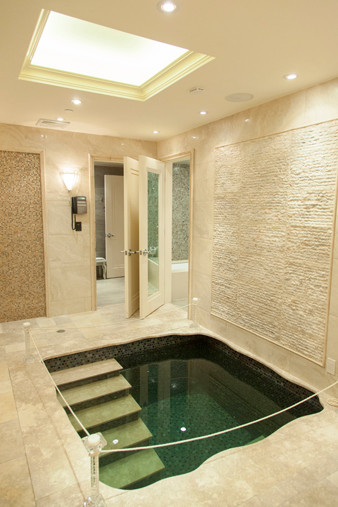Women try to make sense of mikveh maelstrom
Among the things that Jewish women value most about the mikveh experience is the feeling of seclusion, sanctity, and safety.
“But the need to feel respected and comfortable is the most important,” says Chaya Sett, who since making aliyah from Brooklyn has been a self-described “regular” in the mikvehs of Jerusalem’s Old City. “It has to be a very safe place in your life because it’s also when you are at your most vulnerable.”
Sett speaks for many mikveh-going women in the wake of the Oct. 14 arrest of Rabbi Barry Freundel, a nationally recognized Jewish leader, on charges of voyeurism at his Washington, DC synagogue’s mikveh. Freundel pleaded not guilty to the charges.
It is precisely because of the vulnerability issue that many women are calling for increased security measures and, from some quarters, a major shift in oversight of mikveh practices.
For Rivkah Lambert Adler, who made aliyah from Baltimore in 2010 and lives in Ma’ale Adumim, the Freundel case has beamed a spotlight on gender-related leadership issues.
“The leadership of every women’s mikveh should be in the hands of women,” she said. “If they need to consult with a male professional sometimes, that’s fine, as long as women are holding the reins of leadership. In the meantime, I pray that this incident in DC will open some eyes to the bigger picture so that we, as a community, can make some mid-course corrections, even before the arrival of Moshiach.”
Carrie Bornstein, director of Maayim Haayim, a Boston-area community mikveh and education center, says she has heard reactions from women that are “across the board” since the Freundel story broke.
“Part of what we’re hearing is that the privacy, almost the secrecy surrounding mikveh use, combined with the fact that it’s men who tend to be in power positions, can be a bad combination, which can make women vulnerable,” she says.

 53.0°,
Overcast
53.0°,
Overcast 




